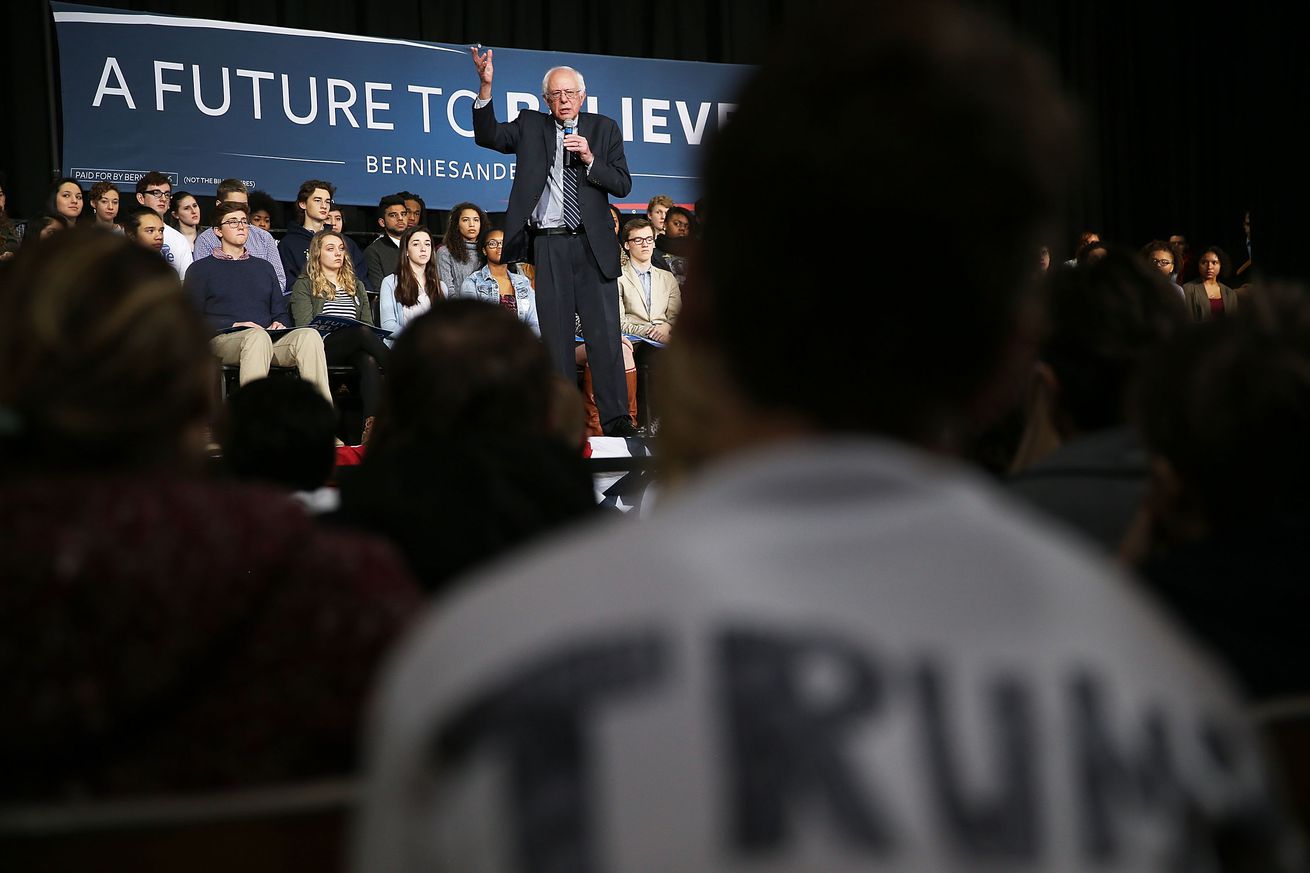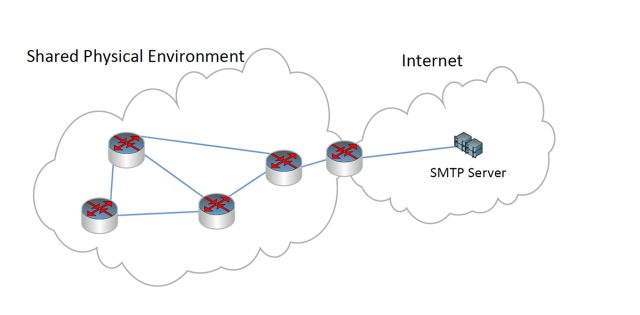I am shocked, shocked to discover that no less than 155 million Americans are forced by employers to take a substantial part of their pay (or the family breadwinner’s pay) in the form of health insurance. Health insurance they have not chosen, but has been forced on them. Republicans cannot be content with the repeal of ACA and the cutting of Medicaid down to size. As Avik Roy points out, Medicare cannot be ignored for long. Nor should the cancer of employer health insurance. The same sound conservative logic points inexorably to its abolition.
The loss of freedom is on a positively Soviet scale. Consider these well-known facts.
- Employer health insurance covers the healthy and the unhealthy alike, and at the same rates. That’s totally unjust. Why should a 25-year-old trainee who runs a mile every morning, never smokes or drinks, and shops entirely at the farmers’ market, hand over part of her hard-earned pay to subsidise the asthmatic 55-year-old chappie in Accounts who smokes, drinks, never takes any exercise and alternates between McDonalds, KFC and Dominos for his daily injection of cholesterol-, sugar-, and additive-laden food? It’s positively un-American, and removes the vital incentive to make good lifestyle choices.
- Male employees have as much deducted from their pay as women, and the single as much as those who have children. Nothing wrong with children of course, but it’s a personal choice just like preferring a new car to a holiday in Tahiti, and people should assume the consequences of their actions. If a woman has a child without previously arranging for a husband, that is likewise her lookout.
- Employer health insurance is a form of bondage that ties the employee to her employer independently of the mutual benefit of a free labour contract. The costs of losing a job include, as they do not in America’s competitors, the loss of health insurance. Many American workers are trapped in jobs they are not suited for, or have gone sour on, through this fear.
- Employers are also faced with a heavy cost their competitors in other countries do not bear. In a world without employer health insurance, cash wages go up of course. But the employer would still gain on balance: from not keeping on the unhappy workers whose main motive for staying on is assured health cover, and the high administrative costs of running the scheme. Danish businesses don’t employ a team of people in Human Resources to look after employee health, what would be the point?
- The public policy win comes from bringing back that vital “skin in the game” when individuals buy insurance for themselves. In employee health insurance, it’s not so much a principal-agent problem as the absence of an identifiable principal. Firms know little about health insurance. They buy it because it’s expected by new hires and valued long-serving core staff alike, and everybody else does. They will buy “good enough” and then stop looking. Unleashing the power of the free market to lower prices implies real competition in every sale. This means each individual or family unit must be an agent in a vigorously contested market.
Employer health insurance must go, with the massive tax break transferred to individuals. Some of my more radical libertarian friends think that’s far from enough. All insurance is morally flawed, as it removes the “skin in the game” by spreading risk across large pools. Insurance breeds carelessness. Beyond that, the whole concept of employer and employee is suspect. The Marxists are right, they say, in condemning the wage relationship as servile and alienating: you are not selling something you have made to another, but selling him your very will, accepting a temporary but still abject bondage under which your master controls what you do. In a truly free society, the only employees are women and children naturally subject to the authority of the male head of the family. Should slavery be reintroduced, an idea on which I offer no opinion, it would complete the salutary restoration of the Roman paterfamilias.
We must reluctantly postpone these fascinating debates to another day. For now, Republicans must use their possibly short-lived control in Congress to strike off the tentacles of employer health insurance slowly strangling American business and American freedom.
The “American Employee Freedom in Health Care Act” would be very short. It only needs two operative articles, leaving aside the changes to the tax code.
Article 1. With effect from 1 January 2019, it shall be prohibited for employers to provide health insurance to employees, under pain of a fine of $5,000 for each employee and year of service for which such insurance is provided.
Article 2. The date of entry into force laid down in Article 1 shall be brought forward to January 1 2018 where the employer is a media organization, registered lobbyist, think tank, political party, or other organization engaging in political advocacy or policy analysis as its principal activity, and the employee is a journalist, columnist, presenter, analyst, or regular commentator.




/cdn0.vox-cdn.com/uploads/chorus_asset/file/5976407/iowadem.0.png)










